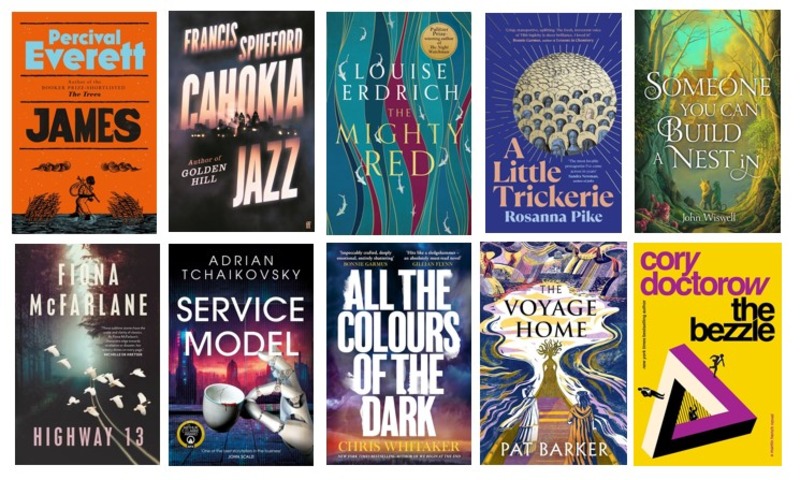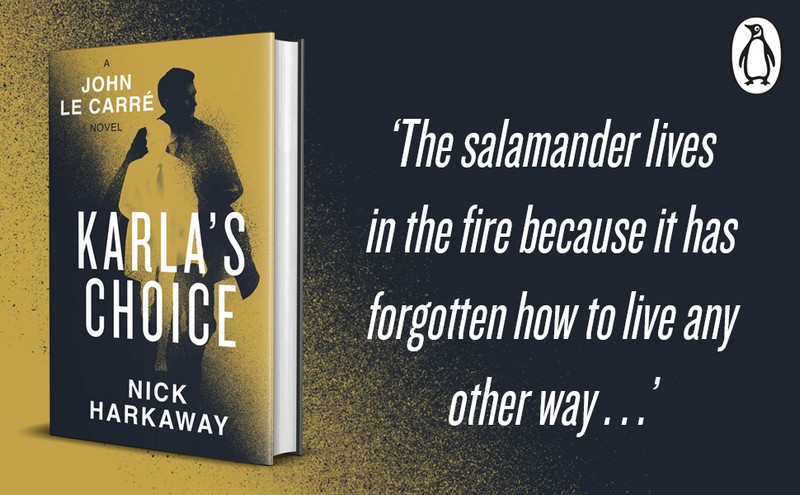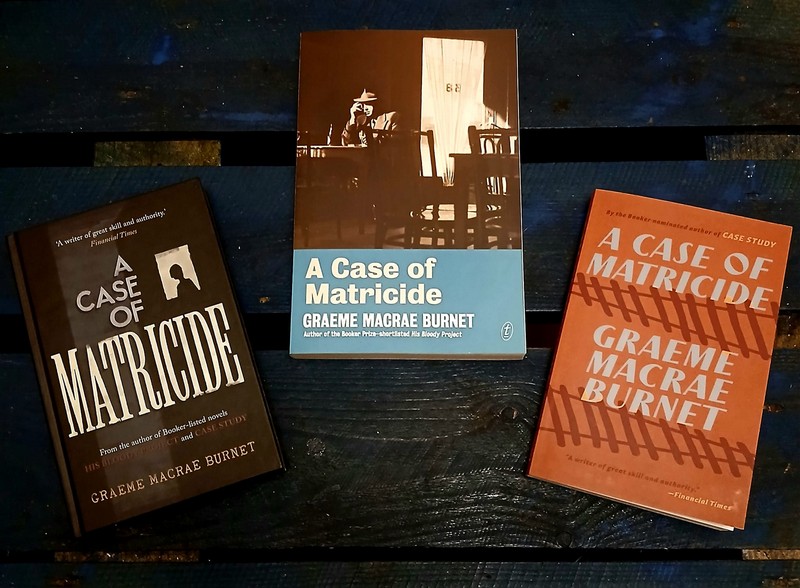 Nicola West’s debut, Catch Us the Foxes set in a regional coastal town south of Sydney, is a strange, potentially potent brew of ideas. Never sure what it wants to be, it presents as a true crime memoir within a novel for reasons that only become obvious late in the piece. The memoir itself is ostensibly the investigation of a murder but dips very quickly into what might be an Australian gothic horror story or could also be just the multiplied factors of mental illness and trauma. This melange might be interesting but sometimes just comes across as a writer with a grudge to work out against a small town upbringing.
Nicola West’s debut, Catch Us the Foxes set in a regional coastal town south of Sydney, is a strange, potentially potent brew of ideas. Never sure what it wants to be, it presents as a true crime memoir within a novel for reasons that only become obvious late in the piece. The memoir itself is ostensibly the investigation of a murder but dips very quickly into what might be an Australian gothic horror story or could also be just the multiplied factors of mental illness and trauma. This melange might be interesting but sometimes just comes across as a writer with a grudge to work out against a small town upbringing.
When Catch Us the Foxes opens, Marlowe ‘Lo’ Robertson is taking the stage at the Sydney Opera House in front of a crowd of adoring fans promoting something called The Lily Foundation. Marlowe has become famous for a true crime book called The Showgirl’s Secret about the death of her friend Lily Williams 7 years before. It seems, as a result, that she has become locked into playing the role that she had back in 2008, when Lily was killed. Most of the rest of Catch Us the Foxes is the text of The Showgirl’s Secret, a book about how Lily was killed at the annual agricultural show and then how Marlowe, the daughter of the local policeman, investigated her murder uncovering a possible conspiracy. Marlowe is spurred on in her investigations by the content of Lily’s journals, given to her by outsider Jarrah. These journals point to the existence of a bizarre local cult run by the local elite which apparently dresses children as foxes and then hunts them through the local rainforest. As her investigation progresses, Marlowe becomes more and more convinced of the existence of the cult even as her own mental health begins to deteriorate. It is only when the narrative finally loops back around its framing story that all of its secrets are revealed.
Catch Us the Foxes is, in the end, a kind of light gothic horror dressed up as crime fiction. When Marlowe finds Lily she has symbols carved into her back, and most of the narrative, including a lengthy passage in the rainforest, is Marlowe’s investigation of Lily’s allegations around the cult. This investigation is also fuelled by Marlowe’s own strange visions and a hint of her own possibly repressed memories. So that the solution to the actual crime, when it comes, is more than a little underwhelming. More critically, given the full suite of revelations about Marlowe’s history and Lily’s mental state among other things, it is never clear why the book within the book which made Marlowe famous was written (or published) in the first place.
The one thing Catch Us the Foxes does well is capture a stultifying and small town attitude with a particularly strong streak of homophobia. The only escapee from that life, Jarrah, was essentially exiled due to his difference so much so that Marlowe’s best friend hides his sexuality from the world. When an “outsider” is suspected of Lily’s murder the whole town turns out with stones and Molotov cocktails. The only problem being that Kiama, the town that is not only named but painstakingly described in the text, is not an isolated rural community. It is only just outside of the greater metropolitan region of Sydney and less than two hours drive from the centre of Sydney. Given the way The Showgirl’s Secret treats the townspeople and their attitudes it feels like not only Marlowe but possibly West herself has an axe to grind with the town.
In the end, though, for all of its setting and atmospherics, the premise of Catch Us the Foxes makes little if any sense. From the point of view of Marlowe as a damaged but effective amateur detective, to her motives for writing the book for which she has become famous. And while the series of late twists are clearly designed to make readers rethink the narrative they are more likely to make them feel cheated.
Robert Goodman
For more of Robert’s reviews, visit his blog Pile By the Bed
Other reviews you might enjoy:
- The Waiter (Ajay Chowdhury) – book review
- Ordinary Monsters (J.M. Miro) – book review
- Private Prosecution (Lisa Ellery) – book review

Robert Goodman is a book reviewer, former Ned Kelly Awards judge and institutionalised public servant based in Sydney. This and over 450 more book reviews can be found on his website Pile By the Bed.



